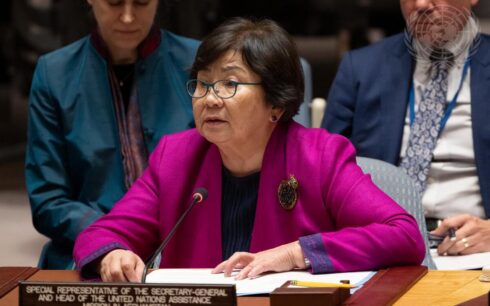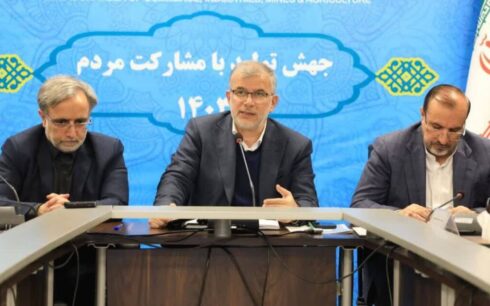KABUL, Afghanistan — Abdul Ghani Baradar, the Taliban’s deputy chief minister for economic affairs, has traveled to Kandahar for consultations with the group’s supreme leader, Hibatullah Akhundzada, on the future of foreign aid organizations operating in the country, according to a source familiar with the matter.
The discussions follow reports from a previous Taliban cabinet meeting in Kandahar, where Akhundzada reportedly pushed for restrictions or outright bans on the activities of international organizations. No final decision has been reached, the source added.
At the cabinet meeting held in early December, Akhundzada is said to have emphasized the need for Taliban authorities to exert full control over foreign organizations, including their budgets and operations. This aligns with previous actions by the Taliban, who have already imposed strict limitations on humanitarian groups, including a ban on women working for such organizations.
The United Nations reported a 56 percent increase in incidents of interference with humanitarian aid in Afghanistan over the past month, many attributed to Taliban authorities. These actions have disrupted aid delivery and harmed families dependent on female breadwinners.
Economic experts warn that further restrictions on foreign organizations could have devastating consequences for Afghanistan’s already struggling economy.
“Applying undue pressure or imposing restrictions on international organizations will close the last small window for foreign investment in Afghanistan,” said Sayed Masood, an economist. “Shutting these doors will exacerbate an already dire economic crisis, bringing the country closer to a complete collapse.”
The potential closure of foreign organizations has raised fears among ordinary citizens. With unemployment and poverty at critical levels, many Afghans worry about losing the limited aid and job opportunities these organizations provide.
“In Farah, people are surviving on dry bread,” said a resident of the province who requested anonymity. “If even that disappears, we’ll have nothing left to eat.”
Currently, 525 foreign organizations are officially registered with the Taliban’s Ministry of Economy, according to sources. These groups provide critical support across sectors, including healthcare, agriculture, and trade, while employing hundreds of Afghans.
Despite these contributions, the Taliban have tightened their grip. The United Nations Office for the Coordination of Humanitarian Affairs (OCHA) recently reported 14 cases of interference in aid work in just one month, 99 percent of which were attributed to the Taliban.
Foreign organizations remain a lifeline for millions in Afghanistan, yet growing restrictions and uncertainty about their future have left the country teetering on the brink of a deeper humanitarian crisis. The Taliban have not yet issued an official statement on the matter.





